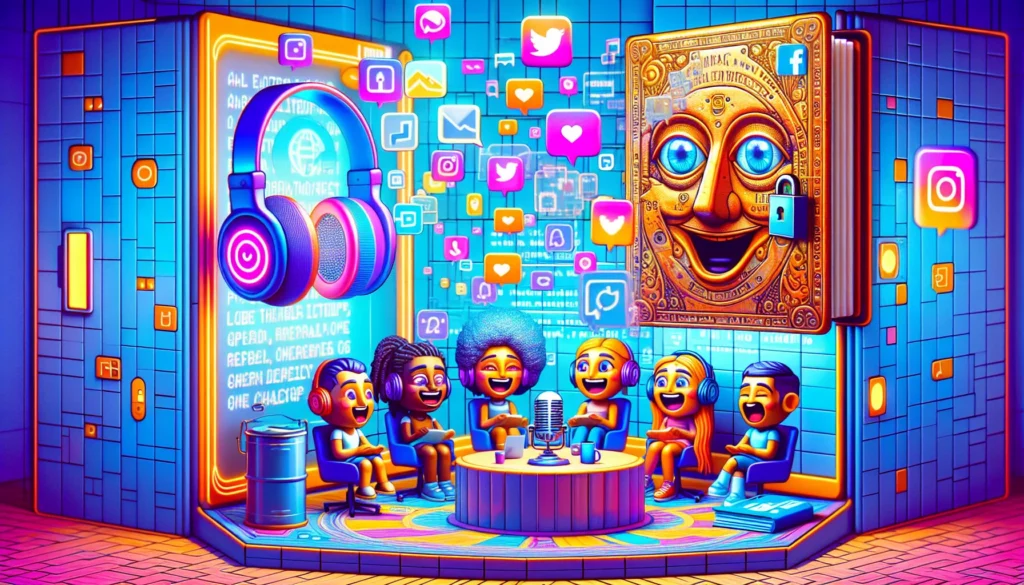Revisiting the Implications of Social Media Restrictions for Youth (Lock and Code S06E12)
Recent evaluations of the mental health landscape among American youth have highlighted a troubling rise in anxiety, depression, and loneliness among teenagers and children. In response, several school districts across the country have implemented measures to restrict access to smartphones during school hours.
Nevertheless, this approach has met with skepticism. Social psychologist Jonathan Haidt has proposed five remedies for what he deems an “epidemic of mental illness” in young adults, although many have criticized his solutions as overly simplistic. In a discussion featured in the publication Platformer, reporter Zoe Schiffer engaged with behavioral psychologists who contend that Haidt’s analysis selectively interprets survey data and downplays mental health issues experienced by adults. Educator Brandon Cardet-Hernandez also voiced concerns on the Power User podcast, arguing that banning phones could disadvantage students who rely on them for essential services like translation and coordination with parents.
Despite the ongoing debate, Haidt’s perspective resonates with a growing number of educators who attribute significant harm to the pervasive use of smartphones among today’s youth. The Los Angeles Unified School District, for instance, has enacted a ban on smartphone use, with officials indicating a belief that this policy has positively impacted student well-being.
To further explore these issues, the Lock and Code podcast, hosted by David Ruiz, revisits a conversation from 2024 with Dr. Jean Twenge. A noted psychologist and author, Dr. Twenge has researched the stark contrasts between today’s adolescents and their predecessors, finding correlations between increased smartphone usage, social media interaction, and the escalation of mental health challenges. In this rebroadcast, Dr. Twenge discusses the distinctive mental health crisis defining this generation and the role of technology in its emergence.
Dr. Twenge’s assessment suggests a grim yet hopeful narrative: if smartphones and social media are indeed at the heart of these mental health issues, then there is potential for intervention and change.
“The argument around smartphones and social media as contributors to the adolescent mental health crisis actually carries a paradox of optimism. If these tools are the cause, it means we have the power to address the issue.”
For comprehensive insights, listen to the full conversation in the latest episode.








